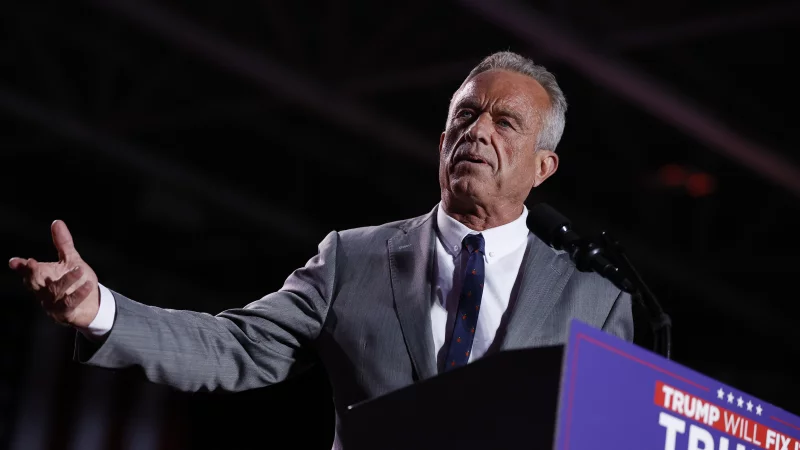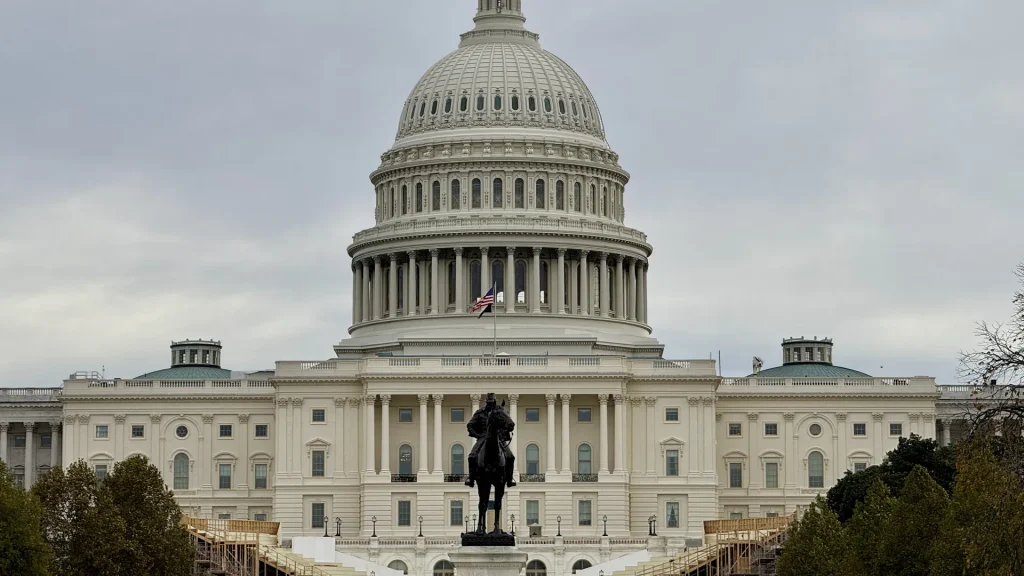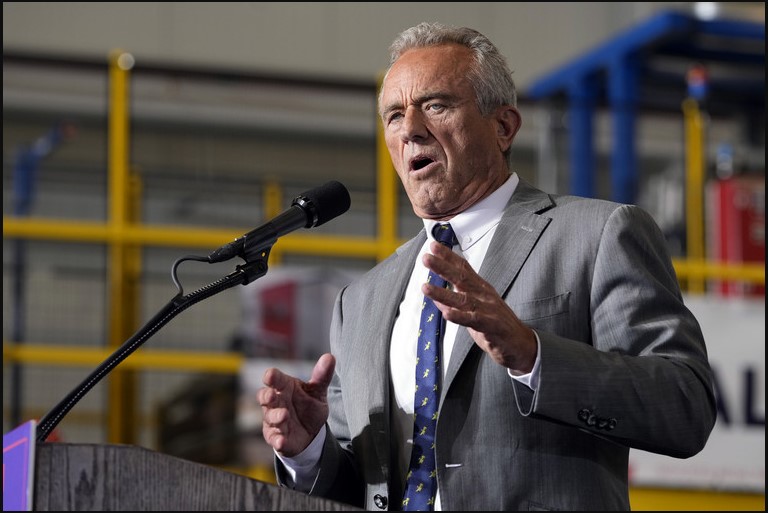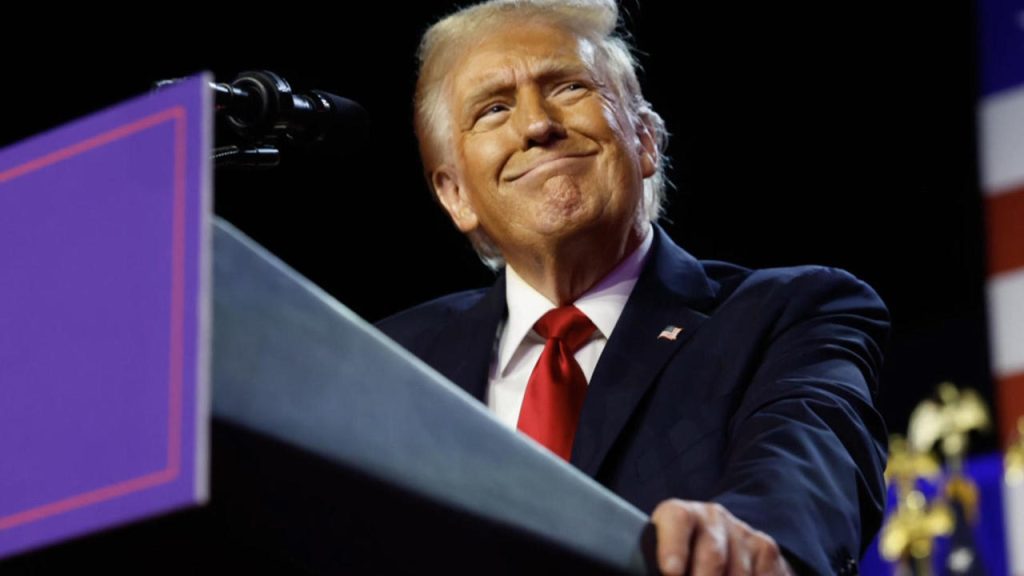Trump-Kennedy Alliance Rings Alarm
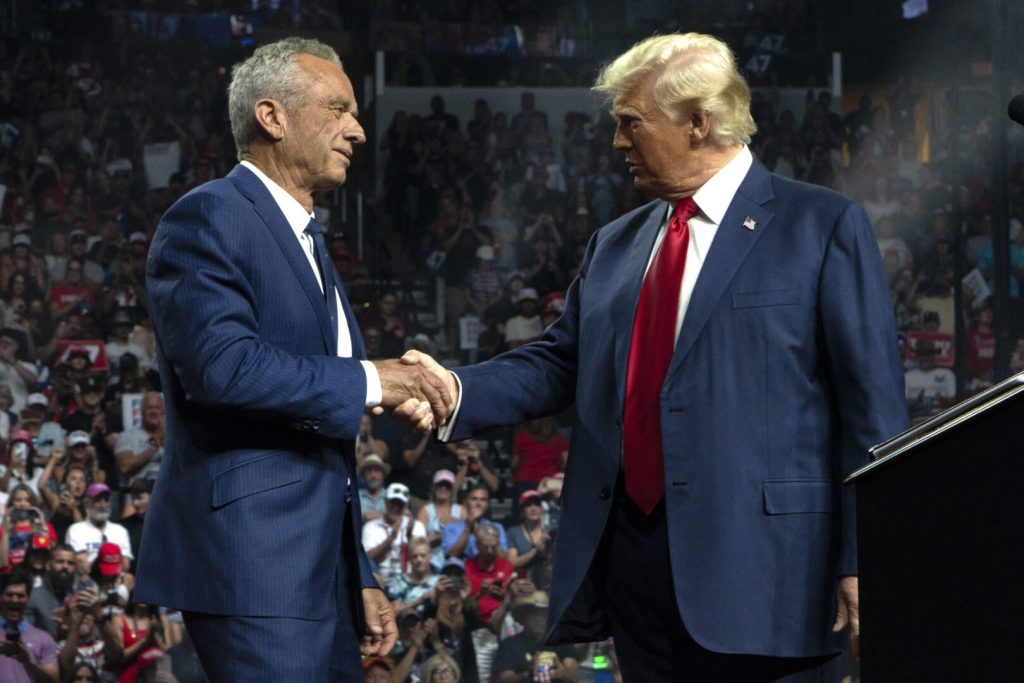
The recent alliance between Donald Trump and Robert F. Kennedy Jr., a vocal health care skeptic, has sent waves of concern throughout the medical and public health communities. Kennedy’s lack of experience in the field, combined with his mistrust of federal institutions, has many worried that his potential influence on the Trump administration’s health care agenda could prove dangerous for Americans’ well-being.
Kennedy’s claims, which range from advocating for removing fluoride from water supplies to pulling approved vaccines from the market, have experts alarmed.
The proposed sweeping overhaul of the federal health agencies, including the Centers for Disease Control and Prevention (CDC), under the direction of someone without medical expertise or public health experience has many professionals questioning the legitimacy of the proposed changes. The fear of unfounded reforms, based on misinformation and distrust, could potentially lead to setbacks in public health advancements and a deterioration of trust in the institutions tasked with safeguarding the nation’s health.
This trend of distrust towards experts, as seen with the rising populist movement, has also been attributed to growing feelings of powerlessness among many Americans.
While skepticism towards institutions and their policies can be a valid expression of democratic values, experts argue that it becomes a problem when it’s not rooted in fact, leading to potentially damaging decisions.
This idea is highlighted by concerns over the potential rise in obesity prevalence and the negative impacts of processed foods, both issues raised by Kennedy. The fear is that without a firm grasp of the science, proposed solutions could prove ineffective or even harmful to public health.
Moreover, the lingering distrust in federal health agencies, largely due to the initial response to the COVID-19 pandemic, could fuel further distrust, creating a vicious cycle.
As Kennedy’s potential influence over health care policy continues to be debated, it is important to remember that the key to effective health care decision-making is a balance of humility and expertise.
The medical and public health communities must learn from past mistakes, such as the flawed initial response to the COVID-19 pandemic, and use that knowledge to guide future policy. This will require a greater degree of transparency and communication from federal institutions to rebuild trust and foster a more collaborative approach to public health initiatives.
At the same time, the Trump administration, if it does indeed give Kennedy free rein over health care policy, must ensure that any reforms are based on scientific evidence, rather than ideology or personal beliefs.
The health and safety of the American people must be the top priority, and policies should be crafted in consultation with experts from a variety of fields. This is not to say that the concerns raised by Kennedy and others should be ignored outright, but rather that any proposed solutions should be thoroughly vetted to ensure that they will have a positive impact on public health.
As the debate over Kennedy’s potential role in shaping health care policy continues, it is important for both policymakers and the public to remain vigilant.
The stakes are high, and the consequences of making decisions based on mistrust and misinformation can be severe. The health and well-being of Americans depends on a health care system that is effective, responsive, and grounded in science.
While skepticism can be a powerful tool for change, it must be balanced with a commitment to facts and evidence. Only then can we hope to make progress in improving public health and ensuring that all Americans have access to quality health care.


